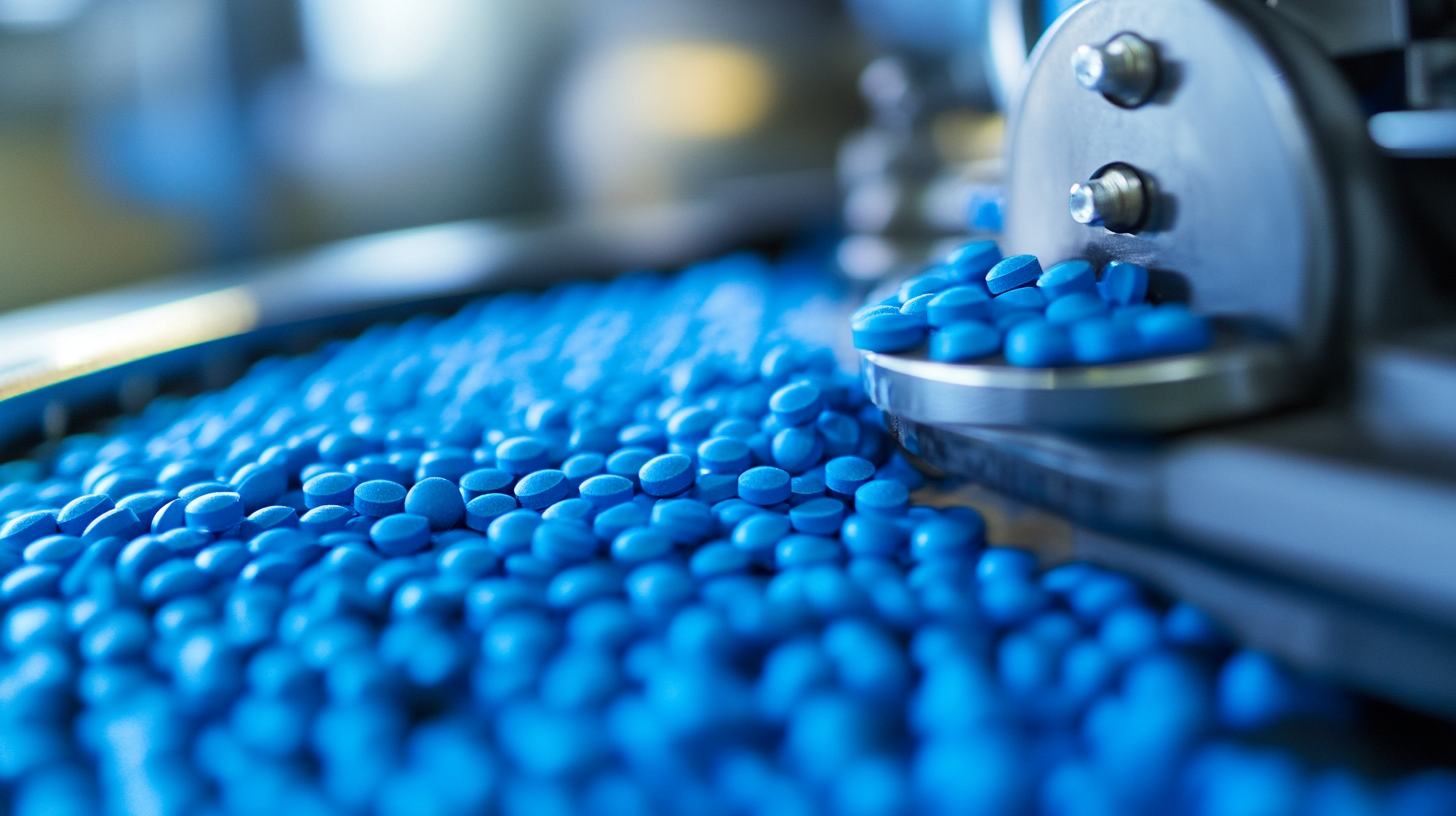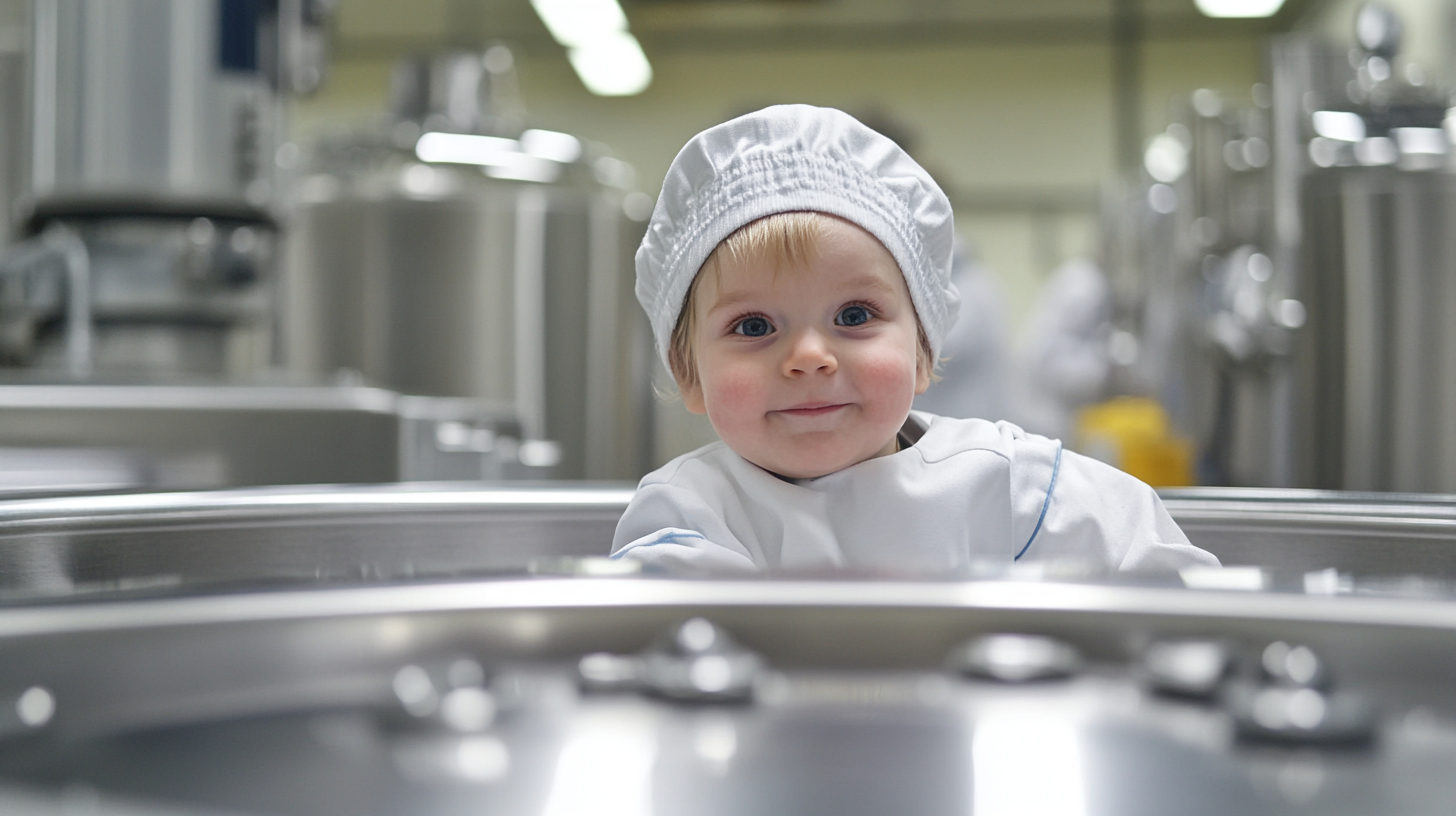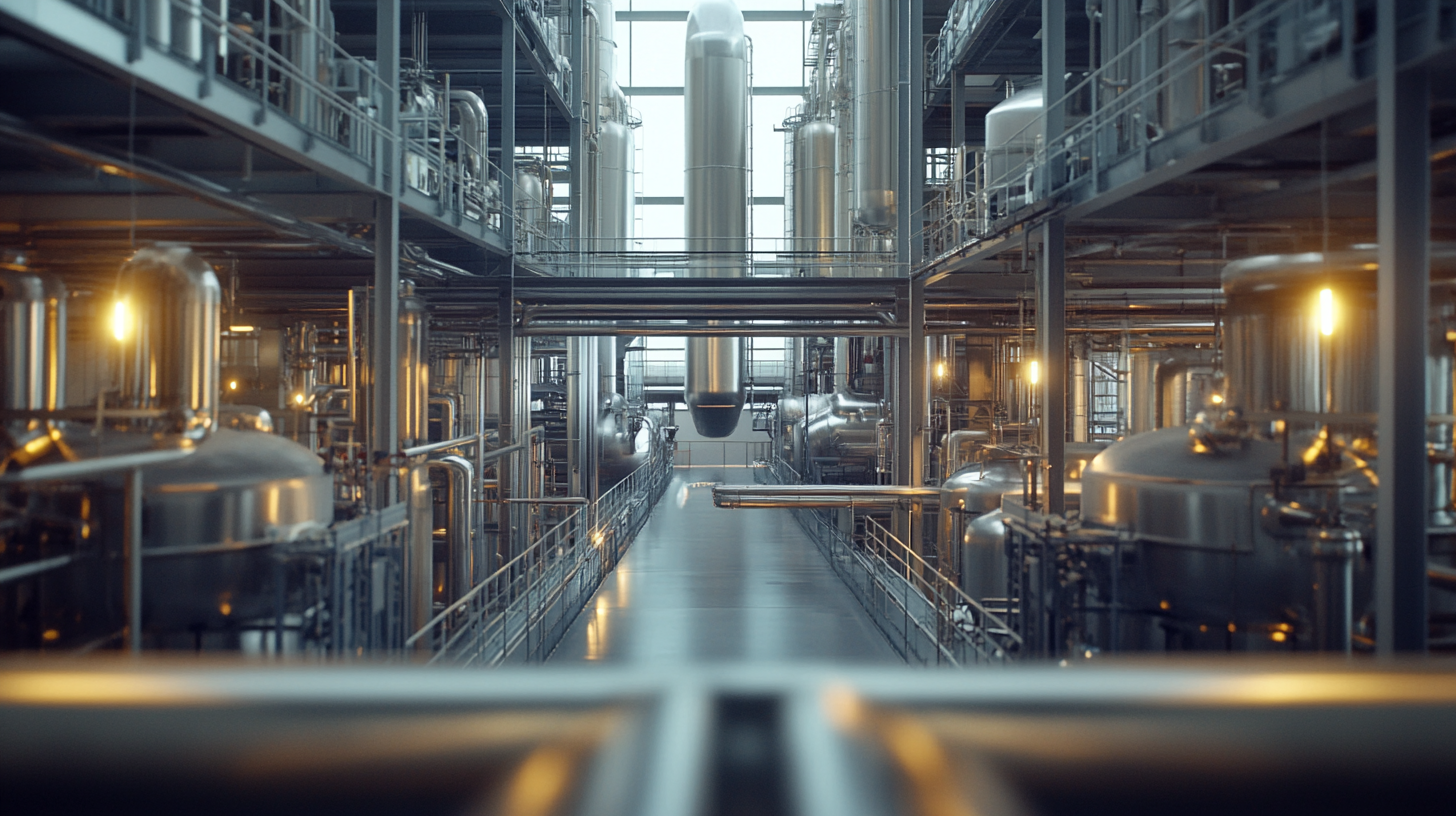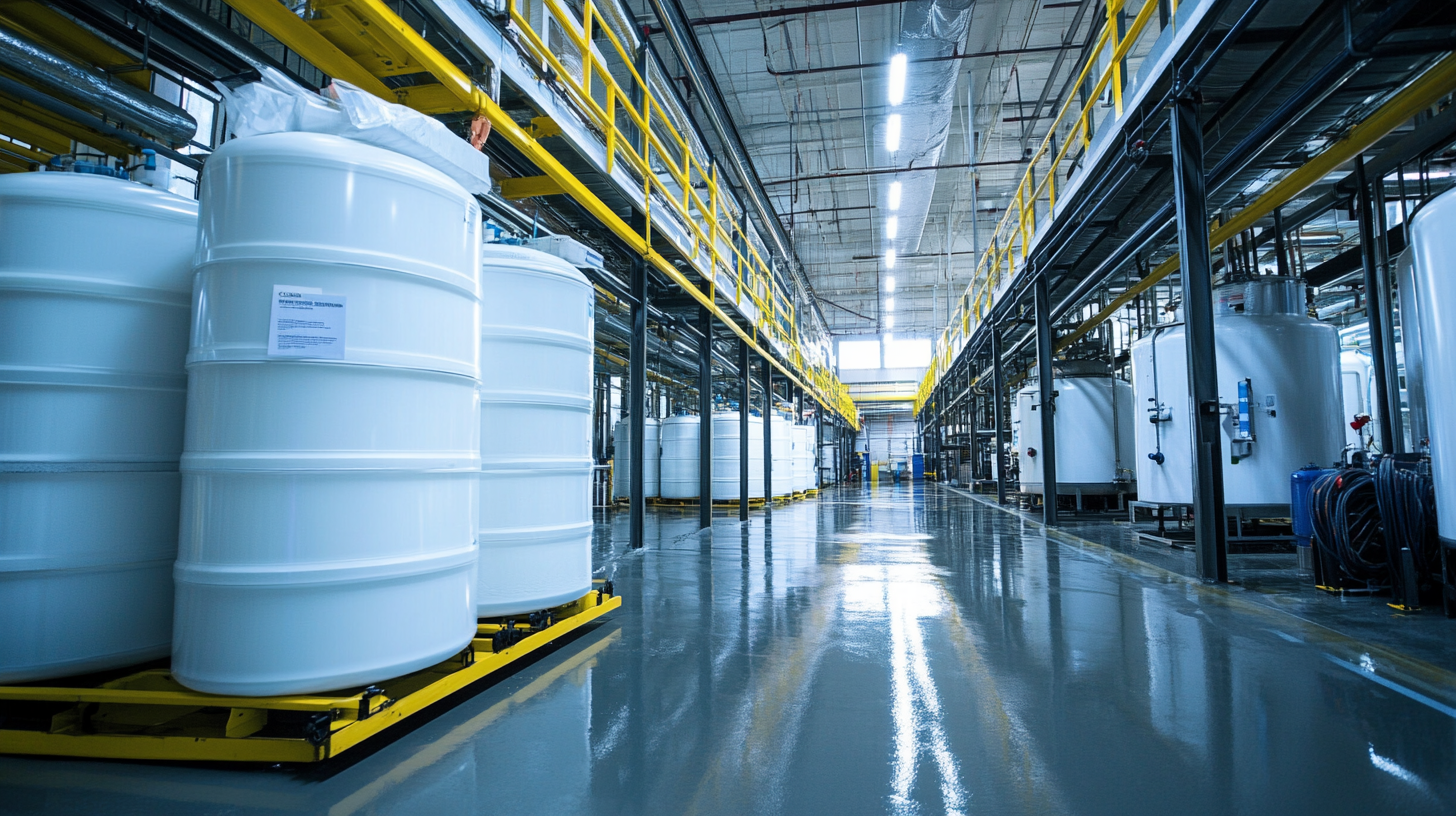It has also been acknowledged that Formulation Manufacturing will be the critical paradigm modular for the performance of the product along with the proper prescription and product safe. According to a recent report from the International Society for Pharmaceutical Engineering (ISPE), global contract manufacturing is expected to exceed $100 billion by 2027, largely driven by the increasing knowledge of the complexity drug formulation, necessitating manufacturers that comply with the global industries' standard. These standards not only ensure and improve the efficient operation and quality of the products but are so much more paramount in the industries where the most minor discrepancies cause the most significant effect.
Onquests of excellence in formulation manufacturing encounter the simultaneous challenge of combining the latest technologies with strict regulatory compliance. According to a Deloitte study, 72% of pharmaceutical executives view improvement of formulation capabilities as key to staying competitive. Such manufacturers need to be ahead in their adoption of advanced manufacturing practices; they must equally align with global standards such as Good Manufacturing Practices (GMP) and International Organization for Standardization (ISO). Besides, such benchmarks ensure that companies will achieve excellence in their formulation manufacturing processes, leading to safe, effective, and high-quality products in the marketplace.

Global Industry Standards in Formulation Manufacturing is not an option; it's a must-to-achieve excellence and safety within all markets. Of concern to the WHO recently has been alarming marketing practices creeping into the infant formula industry whereby some of the leading companies aggressively target vulnerable segments through various social media and sponsorship events. The infant formula market is pegged at roughly $55 billion worldwide, and exhorts regulatory standards that can prevent such acts from doing harm to consumers and further boost ethical marketing. The recent political scenario reduces the gap for universal manufacturing standards as fare increases with current trade wars across the Atlantic, most glaring being between the USA and China. Tariffs imposed by President Trump have already led to the plummeting of economic stability that may further affect industries using cross-border supply chains. A stable regulatory framework based on global standards could mitigate some of these risks, ensuring that formulation manufacturers comply with best practices regardless of political dynamics. As rapidly overtaking many sectors by artificial intelligence, including health and finance, the overall leader of industry should come up with ethical guidelines that will direct responsible application and development of AI technologies in formulation manufacturing. It was an investment of $20 billion by China this year just for AI ethics that shows all seriousness towards creating a differential level to gain collaboration and still maintain human values. For the formulation sector, investing in development of global standards will make sure that these milestones are cross-checked and amendments made in innovation with ethical responsibility.

Regulatory policies in formulation manufacturing are stringent enough to set up a contrasting range of challenges in ensuring compliance with accepted industry standards for quality and product integrity. In the ISO report from 2022, approximately 75% of manufacturing companies indicate they struggle with maintaining consistent quality due to inconsistency in raw materials and in production processes. The inconsistency affects not only the final product but can lead to recalls and reputational damage with impossible price tags.
Difficulties impinged upon certification are inconsistent across regions. A study from McKinsey & Company estimates that due to the necessity for adapting formulation processes to varying local standards, manufacturers operating in multiple jurisdictions carry higher operational costs averaging 15 percent. It also not only siphons resources but keeps staff busy learning so they can be kept abreast of evolving regulations.
Also come the hurdles that new technologies bring in their wake, such as automation and artificial intelligence. According to a report by the World Economic Forum in 2023, although 60% of manufacturers launch some type of digital transformation initiative, only one-third (34%) claim to have successfully integrated their technologies to enhance quality control. The imperative here is to accentuate and spark robust strategies that will align technology with the protocols of quality assurance to allow compliance without jeopardizing innovation.
A collaborative approach will meet these challenges if effectively resolved with insight sharing of best practices across industry partners. Quality management systems that subscribe to global standards must be given emphasis in order for formulation manufacturers to enhance their operational resilience while meeting the rising expectations of regulators and consumers alike.

In this rapidly evolving landscape of the pharmaceutical industry, formulation processes have become more important than ever before, particularly for manufacturers seeking to comply with industry global standards. Innovative ideas that employ advanced technologies are changing the way companies innovate and optimize their formulations. For example, one such development is the embedding of machine learning algorithms, which can combine and analyze large volumes of data from previous formulations and enable the faster identification of preferred combinations of ingredients and process steps by scientists than is possible using conventional methods. This result in more effective formulation, reduces time to market, and increases competitiveness.
Another very exciting breakthrough in formulation technologies is the introduction of continuous manufacturing processes into the formulation workflow. Instead of a set of actions at scheduled intervals that is typical of batch production processes, continuous production creates the opportunity for real-time monitoring and adjustment to achieve quality and efficiency of manufacture. Production waste is greatly minimized, and it allows quick scaling of successful formulations. With these state-of-the-art methods, pharmaceutical companies have opportunities to meet stringent global requirements while being part of the culture of continual improvements and innovations in their formulation practices.
Last but not least, collaboration with the regulatory agencies and adoption of global best practices can be valuable in streamlining the formulation development process. Learning and exchanging different experience over borders, manufacturers jump to new approaches, even by promising strategies in different world markets. It's the spirit of collaboration as well as innovative technologies that pave the way for advanced developments in formulation manufacturing that will finally lead to the delivery of high-quality products improving patient outcomes worldwide.

However, as competition increases, compliance with the global industry standards becomes a goal not only for regulatory compliance but also as a basis for operational excellence in formulation manufacturing. Real-world case studies testify to the extent these kinds of standards have been used by companies to improve product integrity, reduce costs, and create a stronger customer base.
Take, for example, a pharmaceutical company that revamped its processes by implementing ISO 13485 for quality management of medical devices. In this respect, it made compliance easier, but it has also streamlined the road to the introduction of innovative products. The plant reported a 30% decrease in production errors, between other benefits-smoother regulatory approval time, due to keeping the focus on continuous improvement coupled with rigorous documentation practices. Such success makes the need to include quality management systems in routine operations.
The other outstanding example is that of a nutraceutical manufacturer that took on GMPs in its production line. The company was subjected to a very high level of scrutiny by the health authorities because of their practice of investing in training its personnel and upgrading to meet the stringent requirements set by international bodies. The result was a decline in compliance-related incidents and increased consumer trust, leading to a 20% sales uplift in less than a year. These stories make one thing very clear: that dedication to world standards can yield huge returns for the business while ensuring the highest quality for customers.
It will be part of your training until October 2023.
As changing markets mould the future of formulation manufacturing, so do the imprints of global industry standards in drawing towards a new generation of production processes. It is not just a regulatory requirement; it is more a necessary strategic enhancer of quality, safety, and efficiency in manufacturing. Future trends indicate that manufacturers who embrace these global standards will gain a competitive advantage in the company and innovate to be more sustainable.
This involves growth in both digitization and the Internet of Things in manufacturing by and large. Companies would be ensured that the products are made strictly to the standards by using this method for real-time monitoring and data analysis, extending the boundaries of fulfilling compliance at the international level as mastered by production processes adopted for the advanced integration of technologies. Moreover, automation and AI-driven processes shall facilitate adaptations to international regulations, thereby making it easy for the companies to move ahead with regard to an increasingly complicated regulatory context.
That was the trend of the future and one of the newest things: sustainability at the next to the highest level by global standards. The consumers and regulation bodies want greener practices, and manufacturers will, therefore, apply green processing. Leading the way, this movement is not just about compliance; it is new worldleads in a future more sustainable than less sustainable. Enterprises that embrace such global standards promise to be the most successful in recruiting and cultivating environmentally conscious consumers.
All in all, the future trends have much to say about global standards and how they will affect formulation manufacturing. Much priority should therefore be placed on the technological integration and sustainability, which would endear the companies to establishing themselves as major players in very dynamic fields soon-to-be embroiled in issues that involve ensuring excellence and survival in manufacture.
